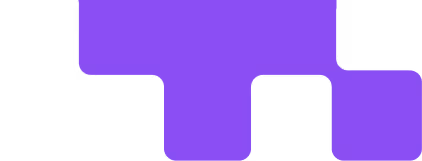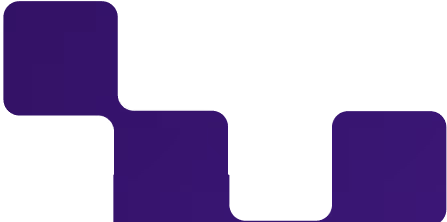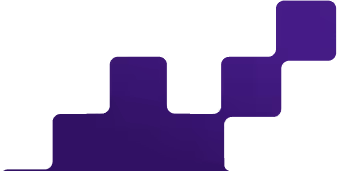At Clearspace (YC W23), our mission is to help individuals forge healthier relationships with their devices. At Y Combinator, they teach startup founders the most valuable way to spend their time is by doing two things: building products and talking to users. But that isn't all there is to start a company, as co-founder and CEO of Clearspace, my job also includes making sure we steward the capital we have to pursue our mission to our fullest capacity.
At YC, they teach the Paul Graham principle do things that don't scale - which has been the secret sauce to finding product-market fit for billion-dollar startups like Stripe, Airbnb & Coinbase.
At Clearspace, this meant shipping an early version of our iPhone app with a 5-minute onboarding video, writing articles teaching screen time tricks like grayscale, and hosting a first-time "No Phone Socials" at our office in Silicon Valley.
But doing things that don't scale is only a virtue until you start to grow. As the wheels get turning and you begin to crack the code on execution and implementation, it then becomes your job to find ways to optimize your startup ideas.
Puzzle is the tool that has supercharged our ability to intelligently navigate our financials as an early-stage startup.
Monthly finance meetings before we were on Puzzle were the meetings that our team dreaded. The 1-hour Friday afternoon slot always ended up taking 2-3 hours.
We would skim through our Mercury account trying to make sense of each spend metric, copying and pasting key line items into an Excel sheet to help us calculate runway. The type of meeting that would have a lot of people and even the Clearspace team members tempted to pull out their phones and start doom-scrolling.
Once we got on Puzzle, we could take care of financial housekeeping in minutes rather than hours and allocate extra brain cycles to get strategic about our financial picture.
Our monthly finance meeting has become a place where my co-founder Oliver and I run through headcount scenarios and spend time using Puzzle dashboards to inform discussions about when to raise and what the unit economics of the business are looking like.
We leave these meetings informed and excited about what our business can do in the future instead of being drained and confused.
My professional background is in Software Engineering, not finance, so the learning curve for bringing together high-quality reports to investors has been a steep learning curve. This is where Puzzle feels like it gives me superpowers. Where other general-purpose accounting tools contain all of the data I need to present...
Puzzle actually pulls the financial picture together in a way that makes sense in the native language of startups: runway, spending, revenue, etc., paired with the types of tooling you'd expect: monthly checklists, annotations, intelligent insights that are familiar in my non-technical tool stack: Superhuman, Notion, Slack, Puzzle.
Puzzle’s generative system is already an incredible value-add for our team, but what got me fired up enough to write an unsolicited tweet is what I see coming down the pipeline from them.
You'll get it within the first 5 minutes of using the product. Puzzle is building the solution you'd hoped existed by now as a founder, and they aren’t slowing down. Across the UI/UX, you can see tells of intelligent and useful financial tools to come.
If that wasn't enough, the Puzzle team is high touch, always asking for feedback, and excited to share their story. I've been in a few pinches where I'll need a quick Puzzle tip or general startup accounting advice, and a member of the Puzzle team comes back with high-value input.
Puzzle is one of the pieces of software our company wouldn’t be the same without.
At Clearspace, we measure our impact by how much time we give back to our users. We recently crossed 500,000 hours saved, and I can confidently say they have meaningfully contributed to that mission by enabling us to do what we do best.





